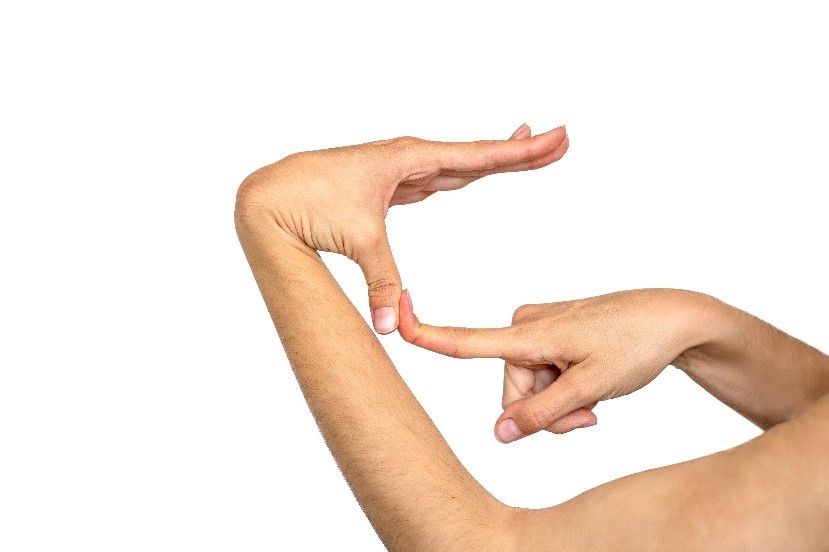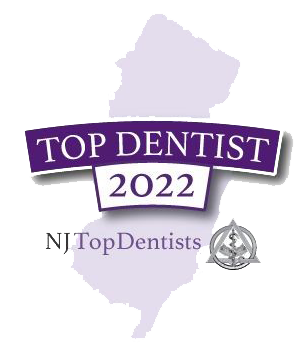
Ehlers-Danlos syndrome (EDS) is a group of disorders affecting the connective tissues, the substances that give the body’s structures strength and elasticity. In EDS, the body has lower-than-normal amounts of structural collagen. Without adequate collagen, the skin is thin, stretchy and fragile and the joints are overly flexible and unstable.
Though the symptoms of EDS can vary in nature and severity, people with the hypermobile type of the disease (i.e., the most common type) experience chronic, excruciating pain and other symptoms linked to looseness of the joints. Complications of EDS can include bone dislocations, ongoing headaches, excessive bruising and sleep apnea/snoring problems. Other complications can affect the jaw, which is why the team at the Headache & TMJ Center of New Jersey sees many patients with EDS.
EDS and TMJ Disorder
A common — and painful — manifestation of EDS is temporomandibular joint (TMJ) disorder. Like other joints, the TMJ can overextend or pop out of place. If this happens, the jawbone, joint and surrounding muscles can ache or spasm to the point that it becomes difficult to chew solid foods, open the mouth wide or even yawn. The jaw may make audible clicking or popping noises, or permanently lock in an open or closed position.
Not only is it a struggle to live comfortably with these symptoms, but it can be very difficult to find a doctor who understands how to treat them. Many doctors are unable to properly identify the root cause of EDS-related jaw pain, so the condition can go untreated (or improperly treated) for a long time.
Eventually, pain and diminished jaw function can start to interfere with quality of life. Many people with TMJ and EDS become depressed and withdraw from everyday life because of the debilitating pain.
Personalized Treatment for TMJ Linked to EDS

The doctors at the Headache & TMJ Center of New Jersey are very knowledgeable about TMJ disorder and EDS, and their wealth of knowledge can help you if you are suffering intense symptoms.
We take your symptoms very seriously, and we understand the physical, functional, psychological and psychosocial toll that EDS and TMJ disorder can take. We will work with you to create a customized treatment plan that addresses your unique needs. Our team’s goal is to quickly reduce or eliminate pain and restore your jaw to a more natural position and normal function.
Various treatments are available, depending on the nature of the pain and other symptoms and the root cause. Our doctors always prefer to start with conservative therapies. Oral medications like muscle relaxants or pain relievers can provide near-instant relief. Botox injections to the jaw muscle can temporarily relax the muscle, and prolotherapy injections can strengthen the TMJ and supporting ligaments. Physical therapy is another option to strengthen and stabilize the jaw joint. If conservative measures fail to deliver the desired results, arthroscopy or traditional surgery may be considered. Our mission is twofold: to provide symptom relief while addressing the underlying problem.
If you or a loved one has been diagnosed with EDS and is experiencing TMJ pain or symptoms, the Headache & TMJ Center of New Jersey can help. Call or email us today to request a consultation with our doctors.

